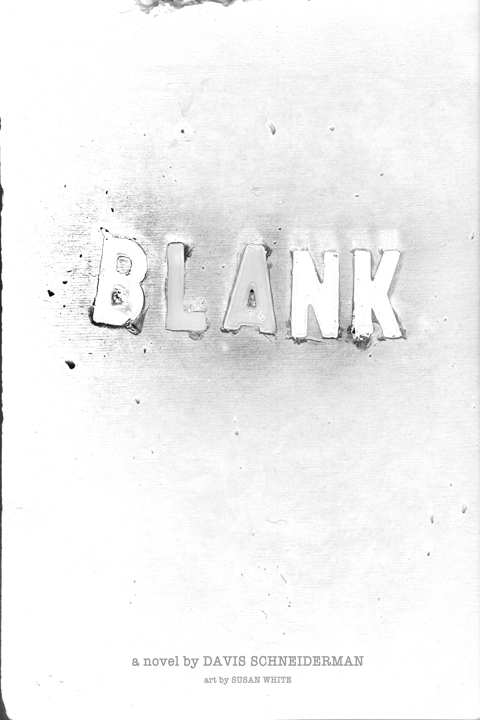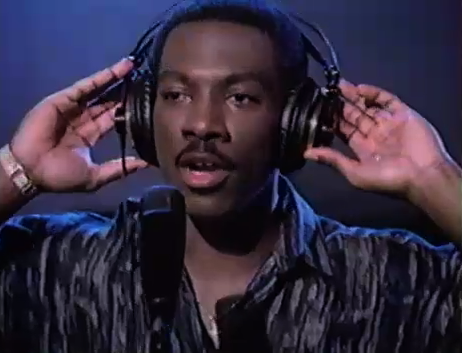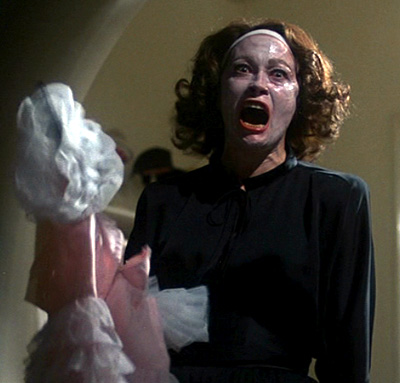It feels like there is a lot of literary news today.
McSweeney’s is launching a cookbook imprint. When I first read that, I thought it was a joke. McSweeney’s also shares some good news about publishing.
There is a brilliant, long form investigative article in The New Yorker about Scientology. A new bar has been set. There is also fiction from Mary Gaitskill.
Another magazine has decided to charge for submissions. Robert Swartwood is on the case. The publisher responds. The world continues to turn.
I saw Kara Candito read at AWP and was blown away so I’m going to share some of her writing that’s up at BLIP.
AWP happened. You loved it. You hated it. There was a Literature Party and an amazing deejay who felt what she was spinning so hard she jumped up and down to the beat. There was dancing. My god, there was drinking. You didn’t go. You were glad not to go. You wish you could have gone. You wish you hadn’t gone. Your liver hurts. You are sweating. You didn’t want AWP to end. Did you see that? What was his name? That really happened. You wish that had happened. The recaps abound. They are amusing to read.
Emily St. John Mandel writes about bad reviews.
The Kartika Review has launched The 500 Project which will profile 10 Asian writers from each of the 50 states. I am really intrigued by this idea of using these profiles to start toward a canon of contemporary Asian literature.
Crowds might be able to write as well as individuals.
Laura Ellen Scott’s Curio is being serialized by Uncanny Valley. I think you will enjoy it.
Is the Internet free? Perhaps not so much.
Cathy Day offers some valuable advice for a linked stories workshop and Dylan Landis shares some lessons on linked stories. This is a tiny preview of a post I am working on about how to shape a short story collection. I don’t know how. That’s what I’m writing about. It might not be the most useful post in the world.
David Quigg suggests some edits to “The Problem With Memoirs.”
There is a new issue of Bookslut which includes a feature by Daniel Nester and Steve Black about the lifespan of a literary magazine. You should also check out this piece about women and criticism.
Anis Shivani thinks Freedom is overrated. He works for AOL now though, for free, so he might not have the last laugh. Toward the end of his essay, Shivani writes, “The problem with realism is also that it ends up being conservative, and even pessimistic. This is because it wants to rule out unpredictability to the extent possible, believes in a stable social order (otherwise why write realistically?), and wants the end to be internally and formally consistent with its premises, once they have been laid out.” You know how I feel about things that begin, “The problem with…” There is no problem with realism though their may be a problem with Freedom. I haven’t finished the book yet. I will come back, Shivani! We will talk realism. Just you wait.






